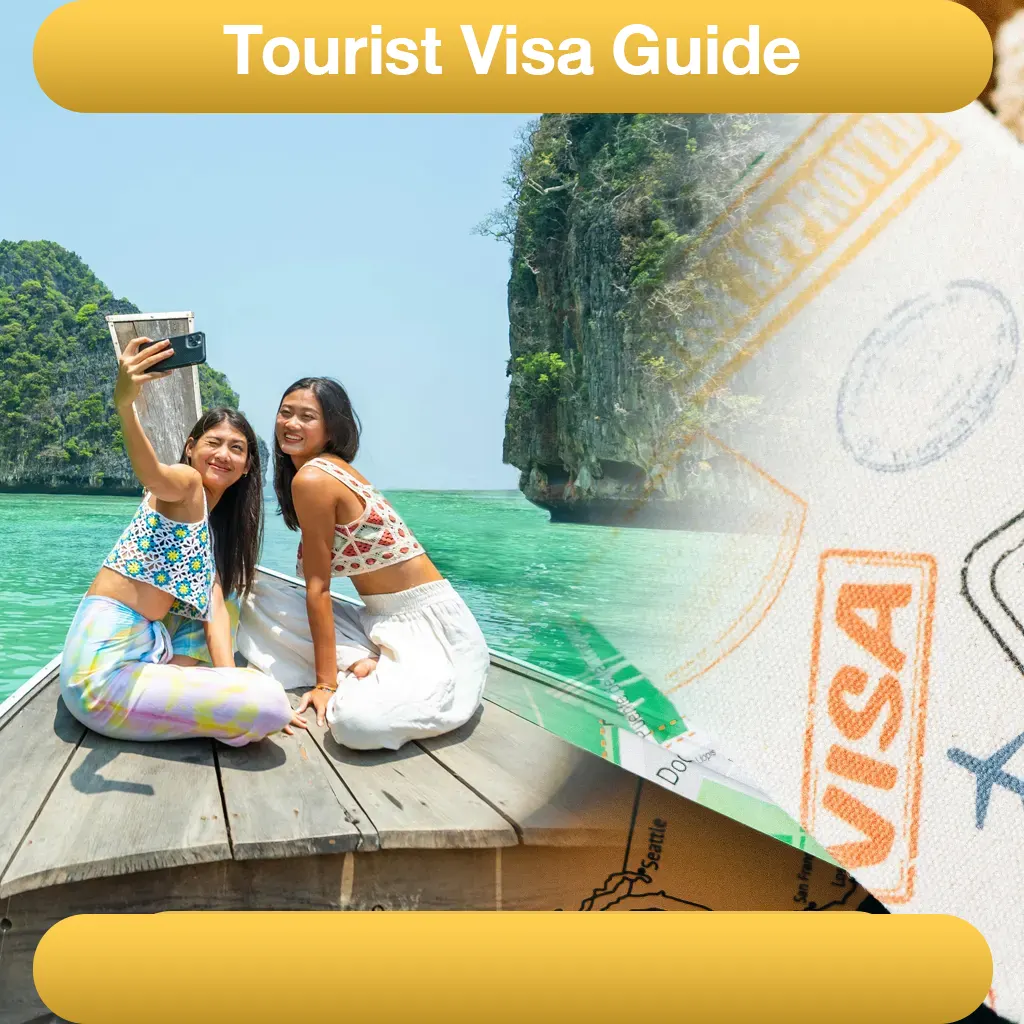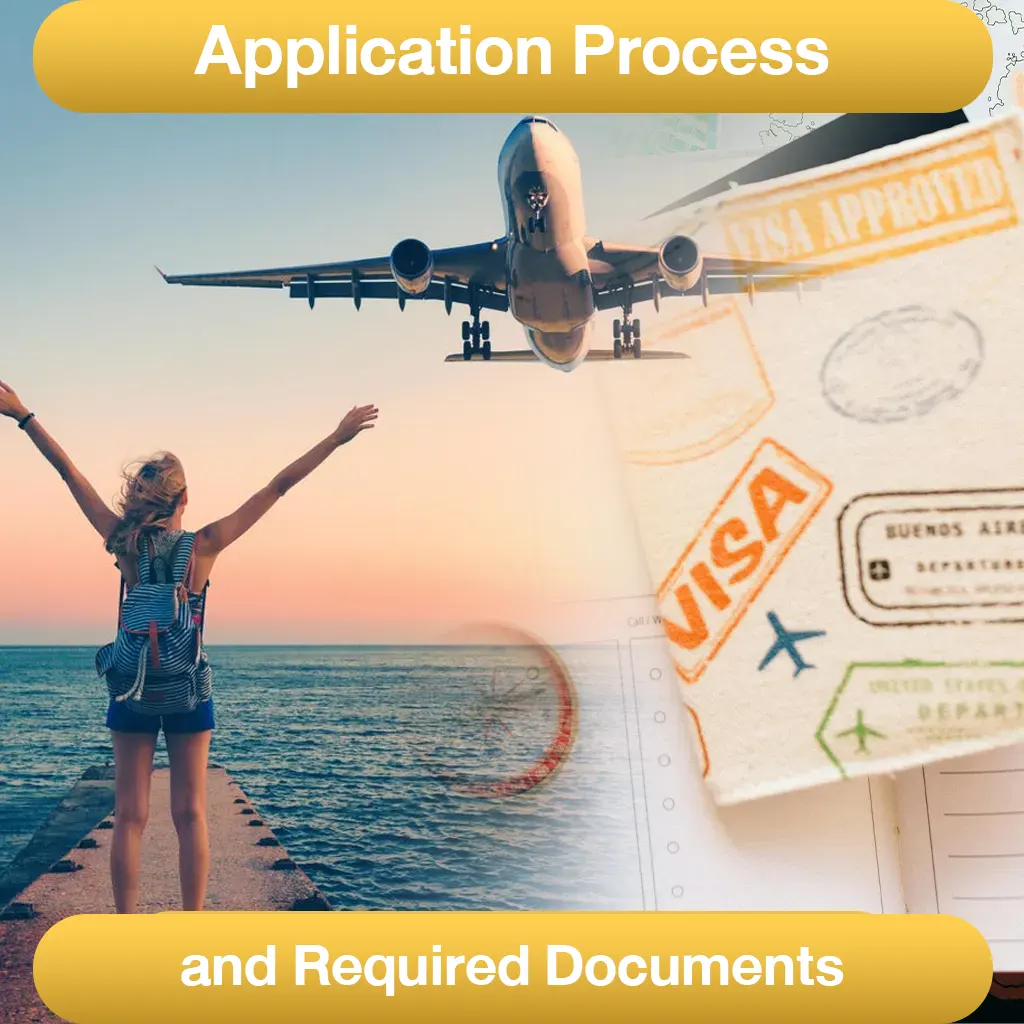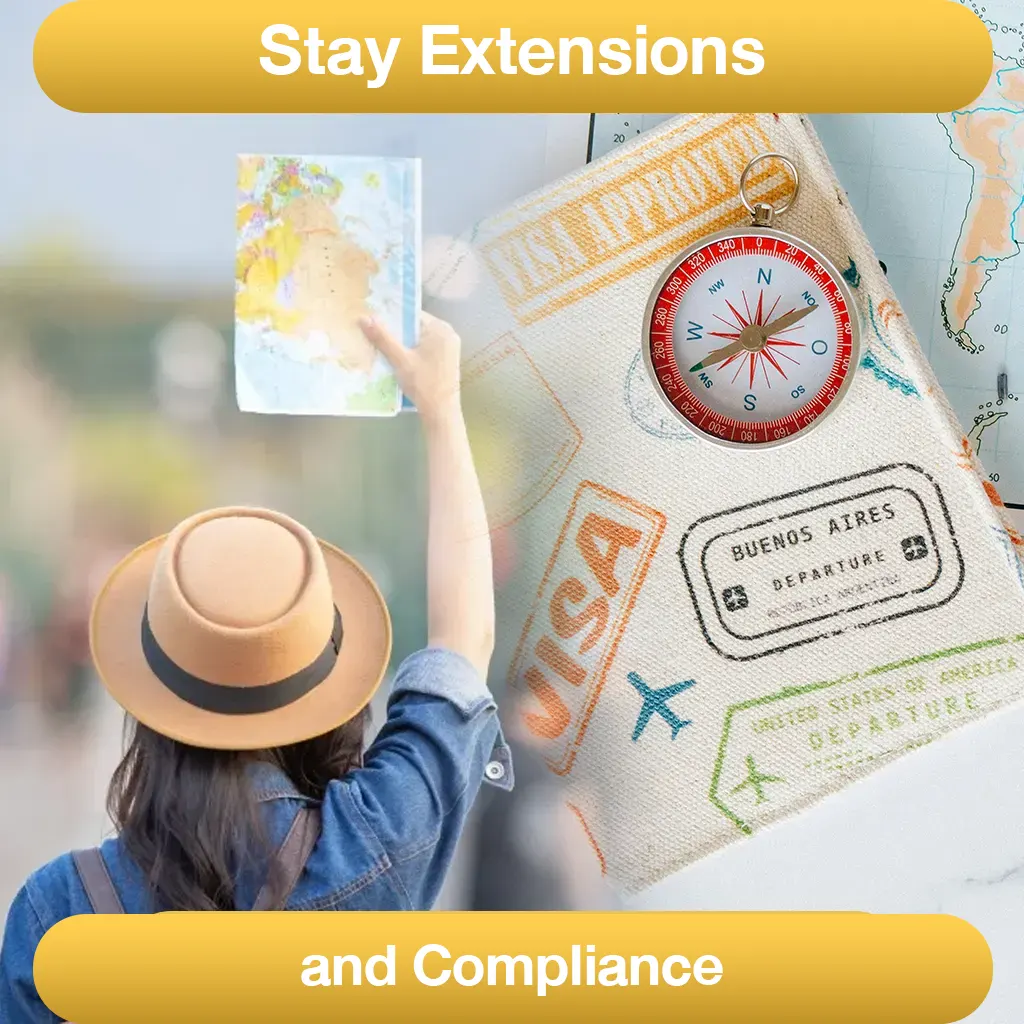International travel requires a thorough understanding of tourist visa requirements to ensure smooth and legal travel experiences. This article will guide you through everything you need to know about tourist visas, from types and application procedures to stay extensions, with updated information for 2025.
Types of Tourist Visas and Duration of Stay
The entry options for foreign tourists come in several forms, each with different requirements and durations to accommodate various travel needs. These visa categories have been designed to facilitate different types of visits while maintaining proper immigration control.
Understanding the distinctions between different visa types is crucial for selecting the most appropriate option for your travel plans. Each type offers unique benefits and limitations that should be carefully considered before making a decision.
- Tourist Visa: Must be obtained in advance through Thai embassies, allowing stays up to 60 days with a possible 30-day extension
- Visa on Arrival (VOA): Available at international airport immigration checkpoints, permitting 15-day stays, ideal for short visits
- Visa Exemption: Allows visa-free stays of 30-90 days, depending on the traveler’s nationality
Differences Between Visa Types and Their Pros and Cons
Each visa type has distinct advantages and limitations that travelers should carefully consider. Tourist visas offer longer stays and extension possibilities but require more complex application procedures and documentation. Meanwhile, VOA and Visa Exemption options provide greater convenience but come with more restricted stay periods.
The choice of visa should be based on your travel purpose, intended length of stay, and ability to prepare the required documentation. Tourist visas are better suited for longer stays, while VOA and Visa Exemption are ideal for short trips and urgent travel needs.
Countries Eligible for Visa Exemption and VOA
Most developed nations and ASEAN countries are granted Visa Exemption privileges, with permitted stay durations varying based on international agreements. For example, travelers from the United States and Japan receive 30-day permissions, while those from Singapore and Malaysia are also granted 30 days.
VOA typically serves as an option for countries with strong economic ties to Thailand but without Visa Exemption privileges, such as China, India, and certain South Asian nations. Travelers must demonstrate sufficient financial means and provide required documentation.
Application Process and Required Documents
The Thai tourist visa application process can be completed either in person at embassies or through online platforms. Each method has its own advantages and requirements that applicants should understand thoroughly.
The success of a visa application largely depends on proper preparation and attention to detail. Understanding the process and requirements beforehand can significantly improve the chances of approval.
- Embassy applications require advance appointments, personal document submission, and possible interviews
- Online applications offer 24/7 convenience but require clear document scans
- Processing typically takes 3-5 working days, depending on application volume
Essential Documents and Preparation
Document preparation is the most critical factor in visa applications. A complete application package demonstrates your credibility and travel intentions clearly to immigration authorities.
Beyond basic requirements, additional supporting documents can strengthen your application and increase approval chances. These materials help create a comprehensive picture of your travel plans and financial stability.
Fees and Processing Timeline
Visa fees vary by type and duration requested. Processing times can fluctuate based on several factors, including application completeness and seasonal volumes.
The assessment process involves thorough document review and background checks. During peak tourist seasons, processing times may extend, and applicants should plan accordingly.
Stay Extensions and Compliance
Stay extensions in Thailand are privileges granted to certain visa holders who must follow strict procedures and conditions. The process requires careful attention to timing and requirements.
Proper planning and understanding of extension rules can help avoid complications and ensure continued legal stay in the country.
- Extensions must be requested at least 7 days before visa expiration
- Financial proof and valid reasons for extension must be provided
- Working or conducting business without proper authorization is prohibited
Extension Conditions and Limitations
Stay extensions come with specific conditions and limitations that must be carefully understood and followed. Valid reasons such as continued tourism, medical treatment, or force majeure circumstances must be provided.
The key limitation is the maximum extension period, typically 30 days for Tourist Visas. All extension requests must be submitted at immigration offices, with approval subject to officer discretion.
Penalties and Visa Violations
Overstaying or violating visa conditions carries severe penalties, including daily fines of 500 baht up to 20,000 baht maximum, possible arrest, and potential blacklisting from future entry.
Working or conducting business without proper authorization is considered a serious offense, punishable by both fines and imprisonment, potentially leading to deportation. Violations can be reported to immigration authorities


 ไทย
ไทย


